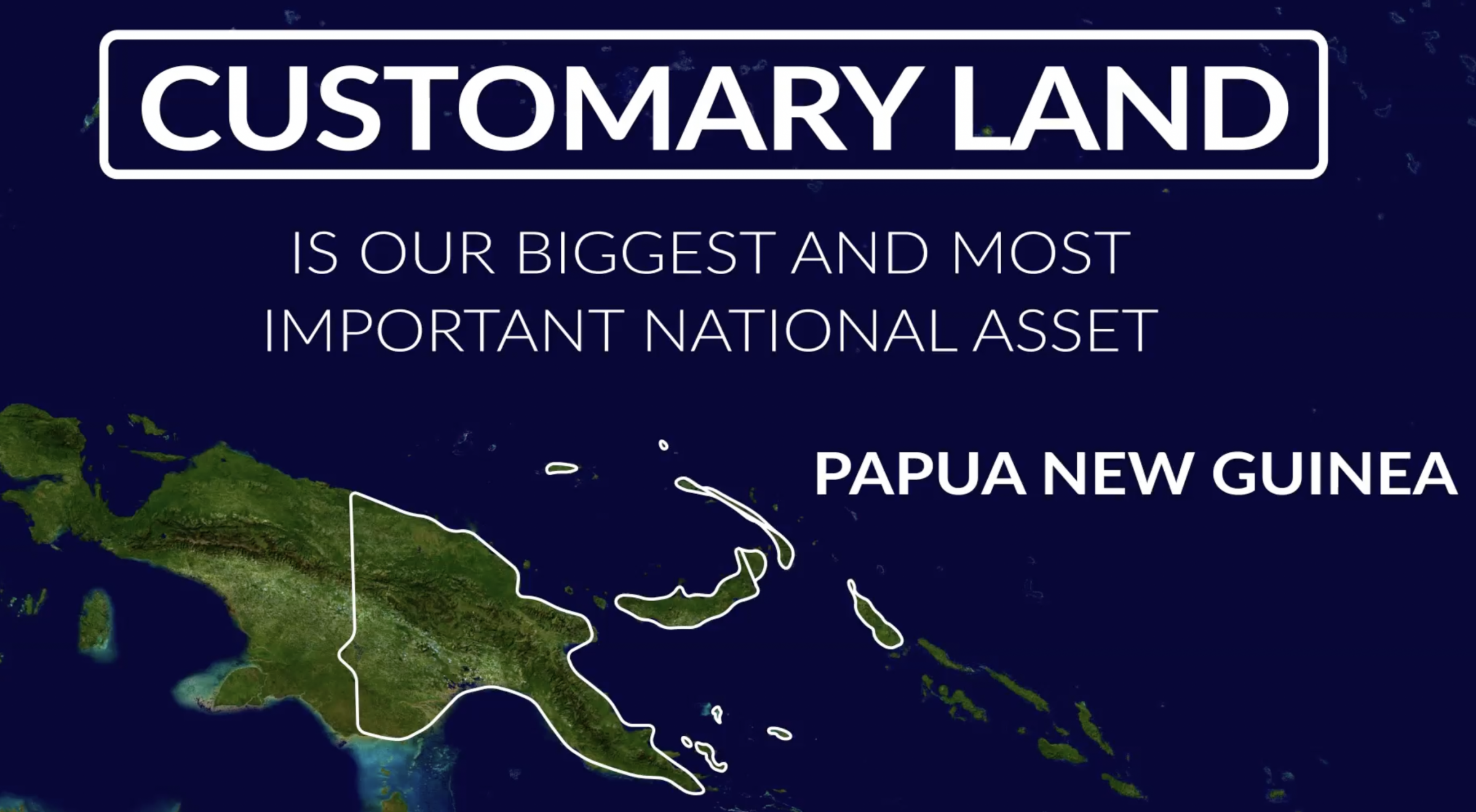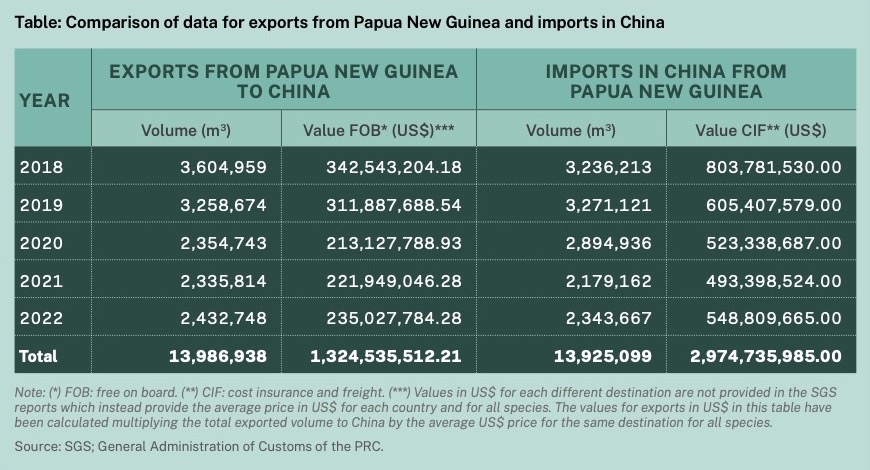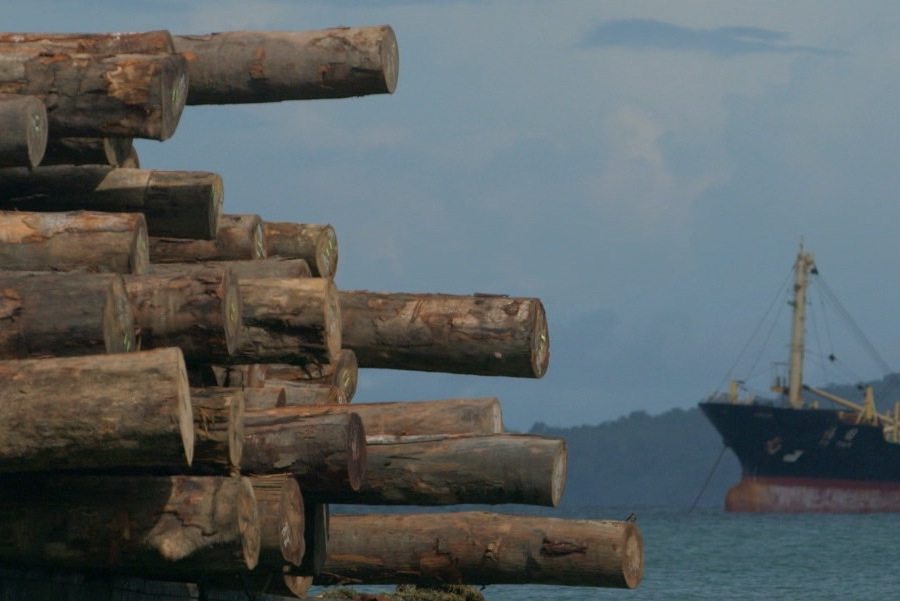Wantok Niuspepa | 30 October 2025
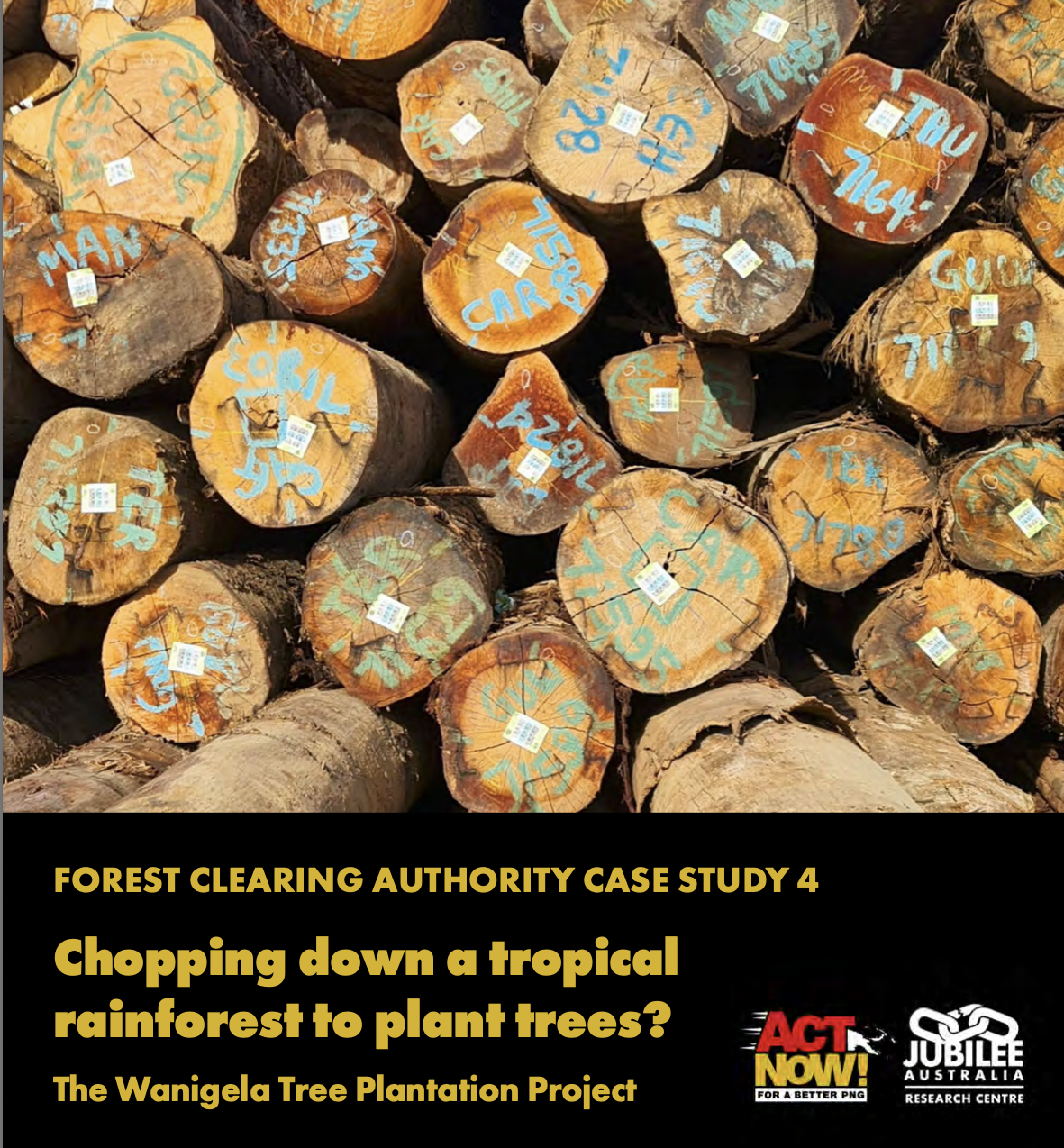
Nupela keis stadi bilong ACT NOW! wantaim Jubilee Australia Research Centre i painimaut sampela hevi i kamap long loging operesen aninit long Forest Clearing Authority (FCA) long Wanigela, Oro Provins.
Dispela ripot i gat infomesen i soim olsem loging operesen i gohet yet maski sapos ol asples i egensim, na i soim olsem ol i no yusim FCA long wok egrikalsa, na i bin gat wari tu sapos ol i bihainim lo o nogat.

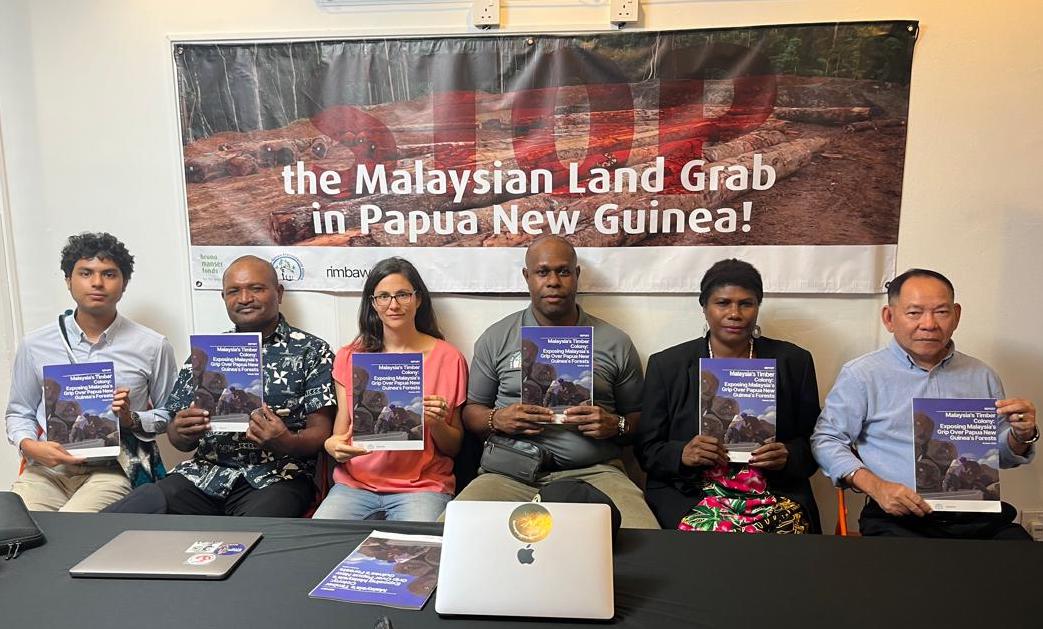
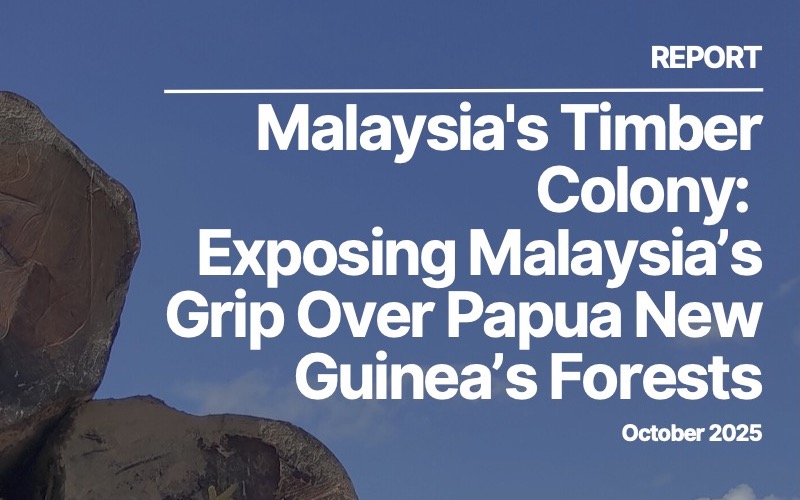
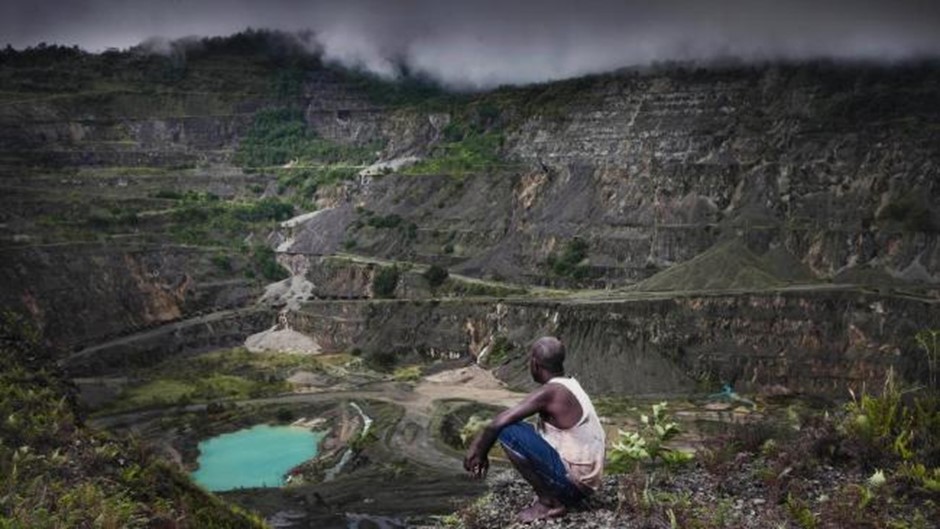 Panguna mine in Bougainville (2022) PC: Island Business Pacific News
Panguna mine in Bougainville (2022) PC: Island Business Pacific News